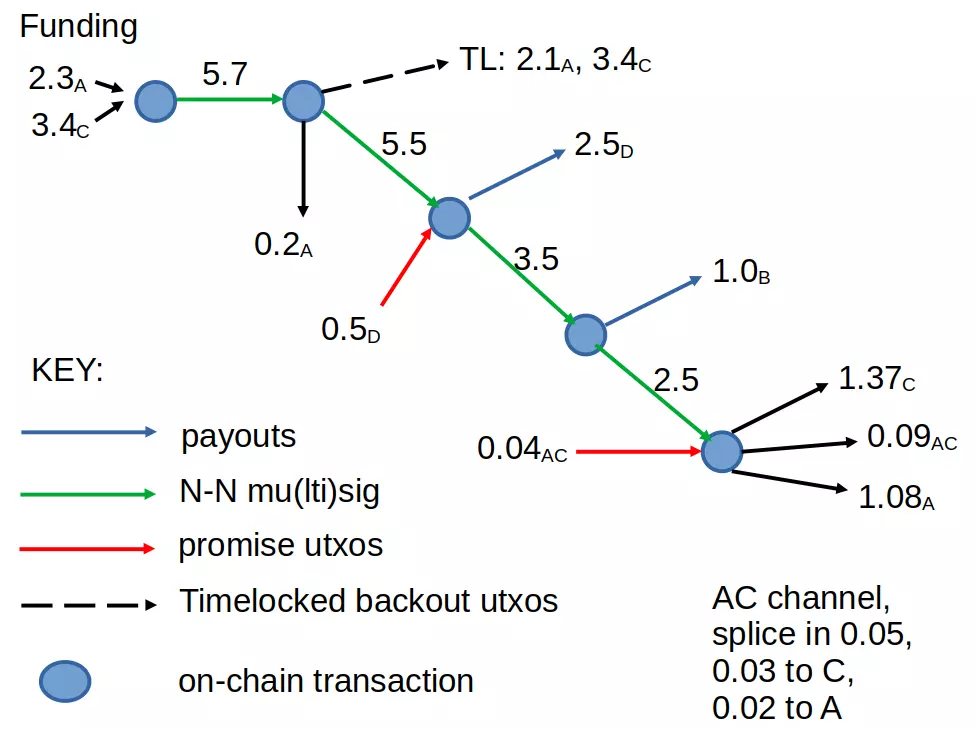Personally I think that, to misquote Szabo, "social verification does not scale" and that's why I came up with "RIDDLE" and then aut-ct though, to be clear, that's a set of ideas very focused on keeping privacy along with Sybil resistance, but as a side effect it does not "pollute" the main chain nor have related, nasty user costs.
The biggest negative of those ideas is that the Sybil resistance effect is negligible at small scale, it will only defend against large scale spam/DOS, but I think that's a good tradeoff against it costing the user absolutely nothing.
quotingNostr would benefit from Sybil Resistance. It is easy and cheap to spin up a set anonymous accounts that act as sock-puppets for a given agenda. This works because anonymous accounts do not have "skin in the game". If nostr grows, this will be a no-brainer for certain groups to influence to platform. It might be happening already, but as nostr grows, the incentives grow for a Sybil attack.
nevent1q…fpkl
One way to do this, but not the only way, is what is called Social Verification. An example is the blue checks on twitter, or facebook social verification.
A simple way to implement this, is similar to GPG key signing parties, but much easier.
What you do is identify someone on the network that is a real person. You then send some coins to that taproot address (npub == taproot) with an OP_RETURN saying "VERIFIED". In this way you build out a verified user base on nostr, in a decentralized way. No centralized blue checks, just users verifying other users in a web of trust. Its easy enough to do. Just make a taproot tx with an OP_RETURN = verified and broadcast it to the network.
